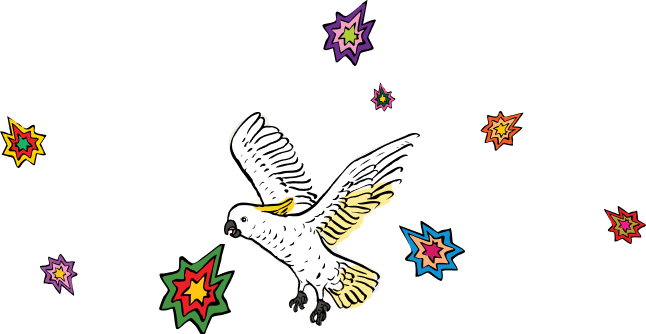Reviewed by: Limelight
Review by Mal Byrne |
04 March 2024
The movie scores of John Williams are the soundtrack to my childhood and teenage years.
As a child, I tuned in at 5pm Monday to Friday for either Lost in Space, Land of the Giants and Time Tunnel. As a teenager, I gravitated to Irwin Allen’s disaster movies such as The Poseidon Adventure, The Towering Inferno and Earthquake. As a young man, it was Jaws and Star Wars.
Now in his early 90s, Williams is still composing. His film music is second to none and he has a bagful of Oscars to prove it.
The Adelaide Wind Orchestra (AWO) is a group of professional musicians, music educators and volunteers and it picked a winner with this concert. It was almost a sellout. The other impressive aspect of the audience was its demographic. Elder Hall was full of mums, dads and kids, testament to the enduring popularity of a film music canon as impressive as it gets: Jaws, Star Wars, Raiders of the Lost Ark, Superman, Jurassic Park, the Harry Potter series and ET.
Williams’ musical influences are as American as apple pie. Listen to the shark music in Jaws and you can hear the stabbing beat of Stravinsky’s The Rite of Spring with a touch of Bernard Hermann’s shower scene strings from Psycho. But the most obvious forefather is Aaron Copland – a lineage most apparent in the second half of the concert, which began with the Williams’ soundtrack to The Cowboys.It’s not surprising that this was the soundtrack that convinced director Steven Spielberg that he had found his musical partner.
Not all of Williams’ scores are grand. He showed his versatility when invited to score Schindler’s List, for which he composed a sparse melancholy score fitting for its deeply tragic subject matter. Special guest violinist Lester Young performed this sombre work with sensitivity and aplomb and was rewarded with the biggest hand of the afternoon.
Despite the depth and breadth of the work, Williams’ best score is ET. Movie composers normally enter the fray after the movie has hit the can and tailor their score to the edited product. Williams’ score for ET was so seamless and perfect that Spielberg edited his film around the score. Listening to the AWO giving their best performance of a long program, you can see why Spielberg yielded.
It was fascinating to hear a wind orchestra compensating for the absence of strings. Flutes and piccolo stood in for violins. The AWO’s large and comprehensive horn section replaced the cello and bass. There were a few creaky horns and the occasional bum note, but the Force was with them under conductor Kate Mawson and with well-tailored arrangements by Paul Lavender, the AWO pulled it off handsomely.




